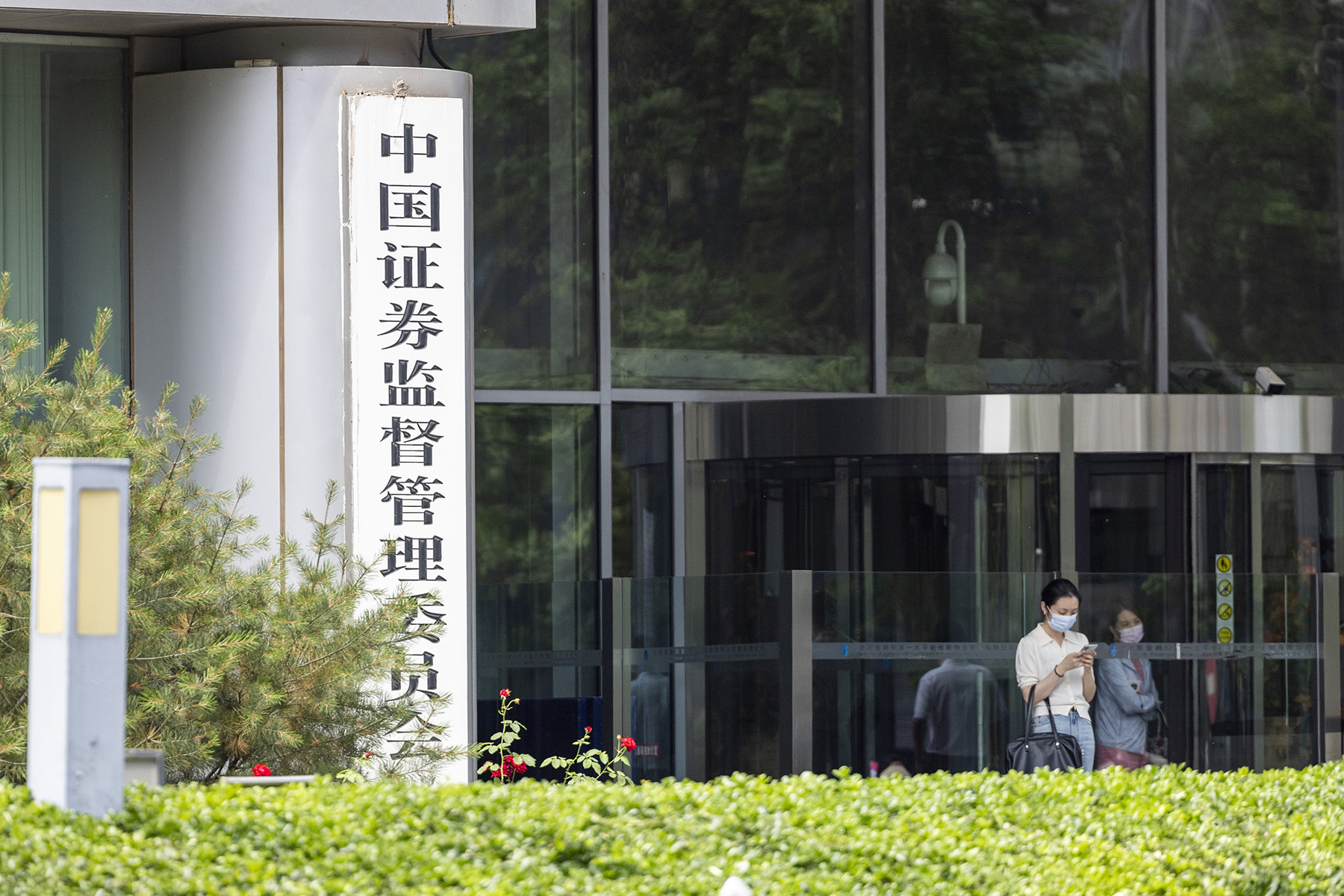
Regulatory emphasis on the capital market's support for the real economy and continued efforts to optimize the trading mechanism and infrastructure in the A-share market are conducive to the high-quality development of the Chinese stock market, said industry experts.
Their comments were made after Wu Qing, chairman of the China Securities Regulatory Commission, said on Wednesday that efforts will be made to further consolidate the institutional foundation to protect investors and promote listed companies' quality. Stricter institutional arrangements are in the pipeline so that companies' entry into and exit from the stock market will be closely supervised, he said.
READ MORE: Positive signs seen for A-share market
The CSRC will further optimize the listing, merger, restructuring and equity incentive regulations in the A-share market so that innovative companies with greater growth potential can grow stronger more rapidly, said Wu.
The CSRC’s latest expressions have addressed China’s focus on developing new quality productive forces as listed companies’ higher quality can be anticipated.
Zhao Xijun, co-director of the China Capital Market Research Institute at the Renmin University of China
Professional financial institutions should improve their services while channels to protect investors' rights should be streamlined. Adhering to related laws, there will be stricter crackdowns on securities violations and crimes, he added.
The stock market responded positively on Thursday. The benchmark Shanghai Composite Index climbed 0.08 percent to close at 3122.4 points while the Shenzhen Component Index added 0.21 percent to close at 9604.13 points. Total trading value on both exchanges approached 850 billion yuan ($118 billion).
Zhao Xijun, co-director of the China Capital Market Research Institute at the Renmin University of China, said: "The CSRC's latest expressions have addressed China's focus on developing new quality productive forces as listed companies' higher quality can be anticipated."
Liu Chen, a researcher at Bank of China, said the top regulator's emphasis on professional services' quality will improve institutions' wealth management ability. Combined with the measures to lower asset managers' commissions, investors will see their trading costs substantially reduced and therefore benefit from China's economic growth via investing in the capital market.
The CSRC also released late Wednesday a trial regulation on quantitative trading, which is also called program trading. Scheduled to take effect on Oct 8, the new regulation said that investors involved in quant trading should report information on accounts, capital, trading and software before they make any trading moves.
While high frequency trading, part of quant trading, will undergo stricter supervision, the CSRC will also come up with regulatory requirements on the technical system, trading units and trading information systems related to program trading.
Northbound investors — overseas investors buying A shares via the stock connect program linking the Shanghai, Shenzhen and Hong Kong bourses — will be treated on an equal footing with domestic A-share investors if they conduct program trading, said the trial regulation.
ALSO READ: Capital market set for sound development
As an important activity of the financial market, program trading can help stimulate market activity and improve liquidity. But it may also undermine market fairness and aggravate market volatility if lacking adequate supervision, said Chen Li, chief economist of Chuancai Securities.
Tian Lihui, director of the Institute of Finance and Development at Nankai University, said that program trading has been used more extensively in the A-share market thanks to technological advances. But such a novel trading method is also quite complicated, resulting in advantageous positions for technology providers or service providers. Therefore, regulations are needed to protect the rights of individual investors.
The new regulation will reduce market manipulation and unfair trading, which is conducive to the stability and sound development of the A-share market over the long run, he said.


